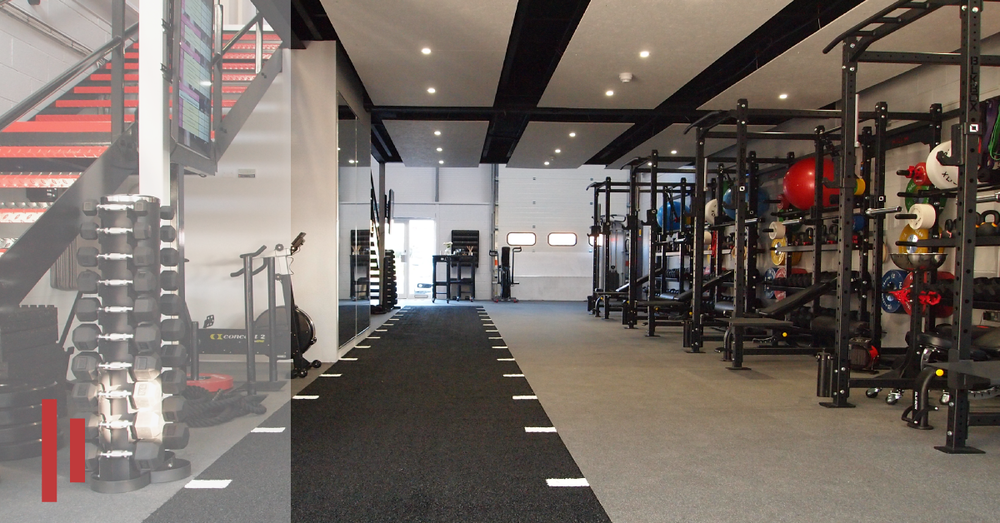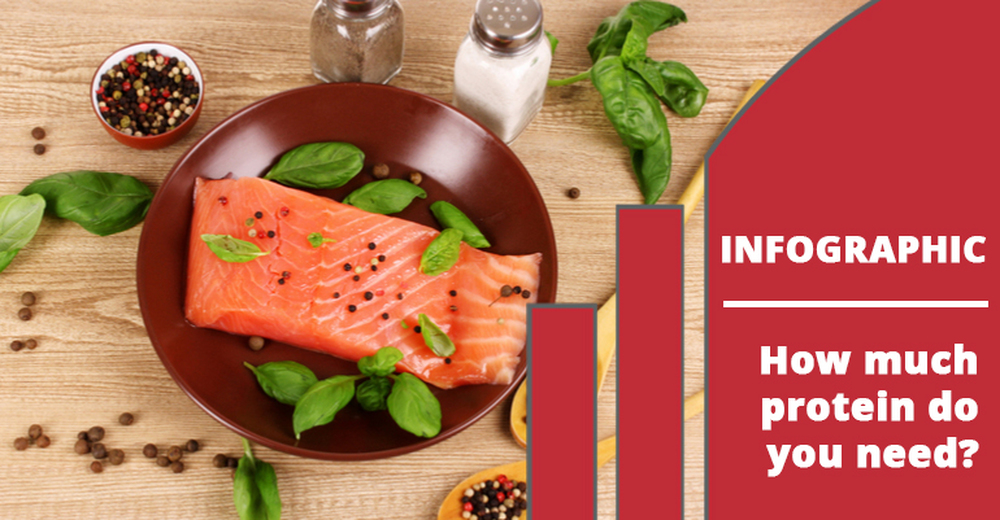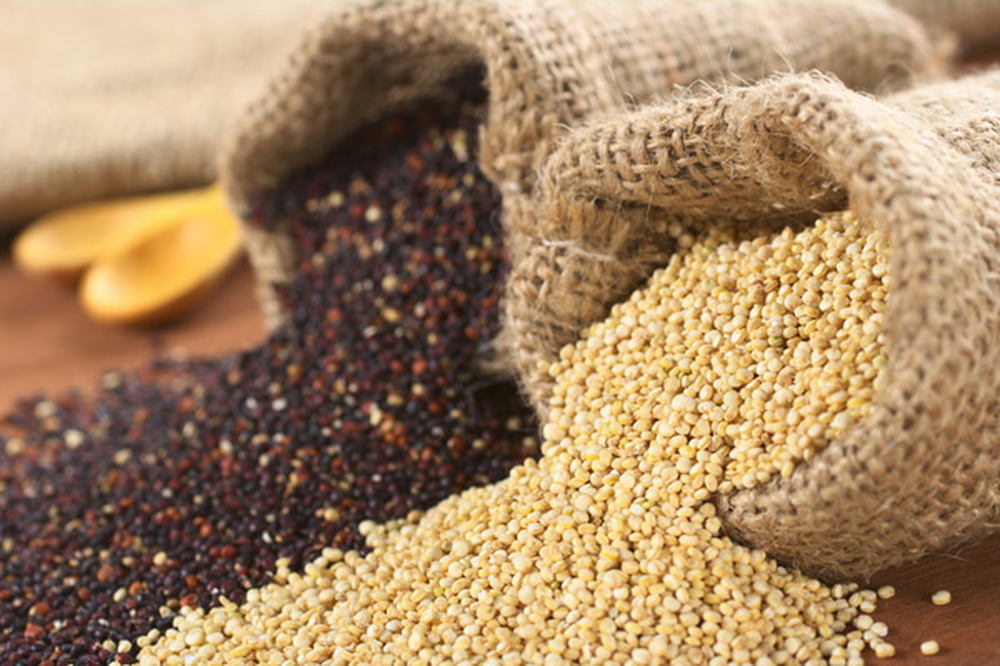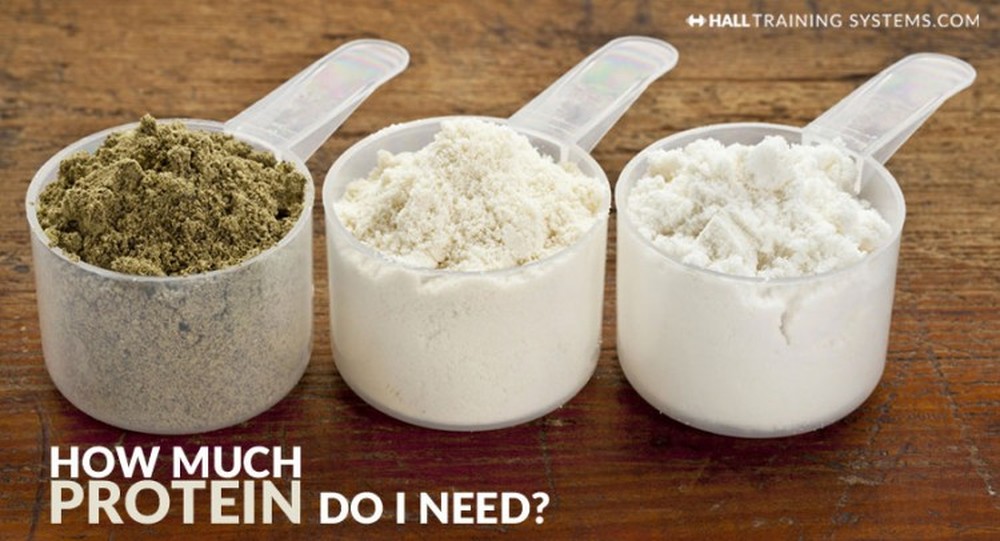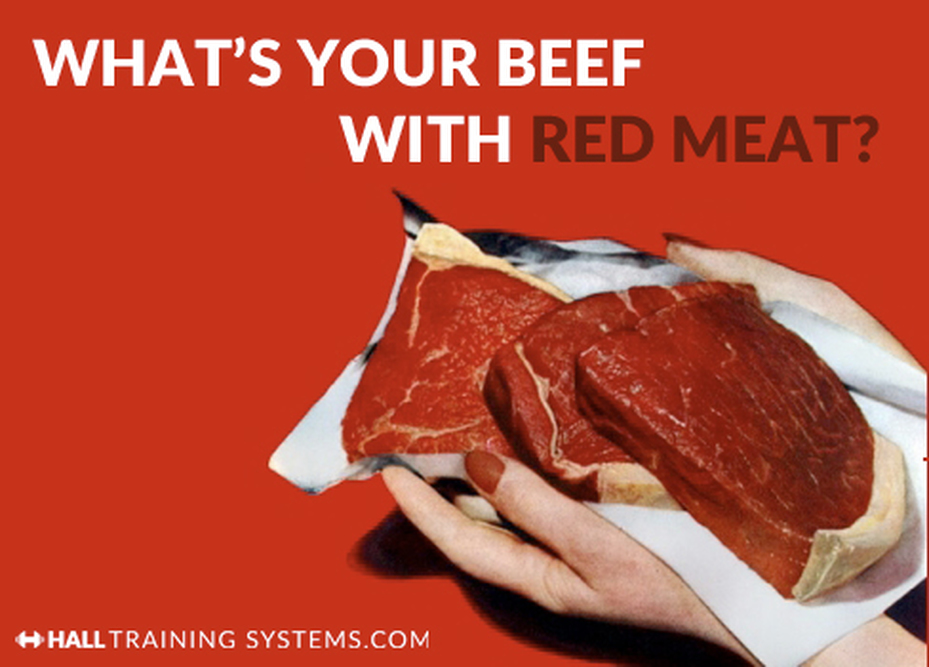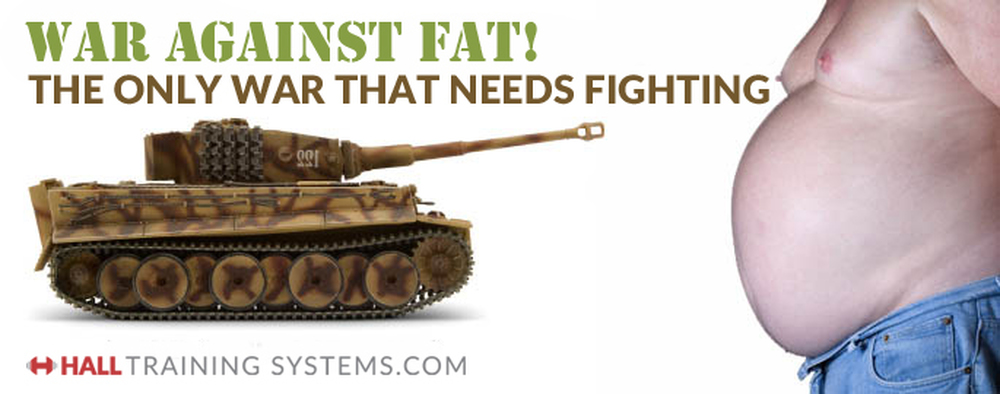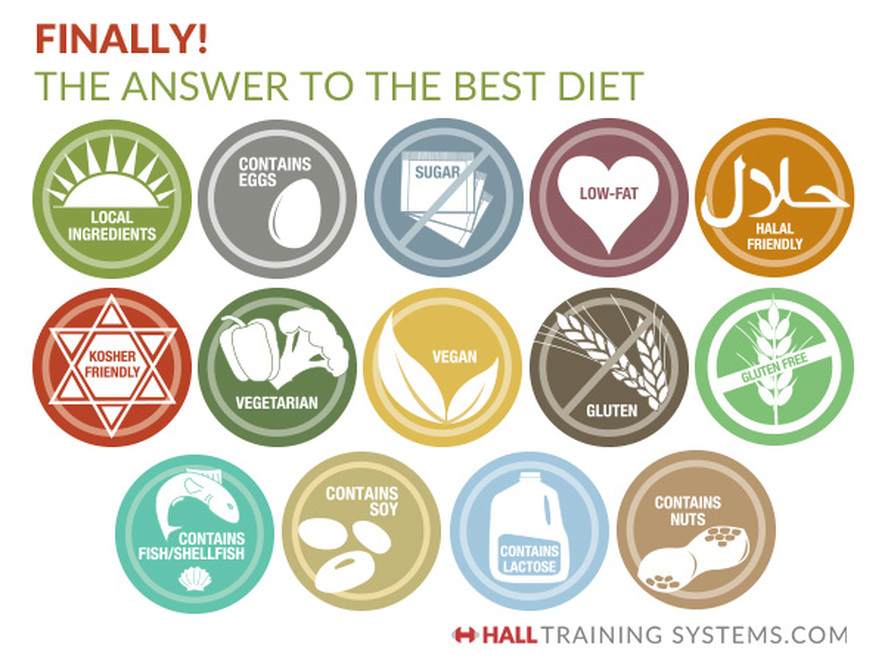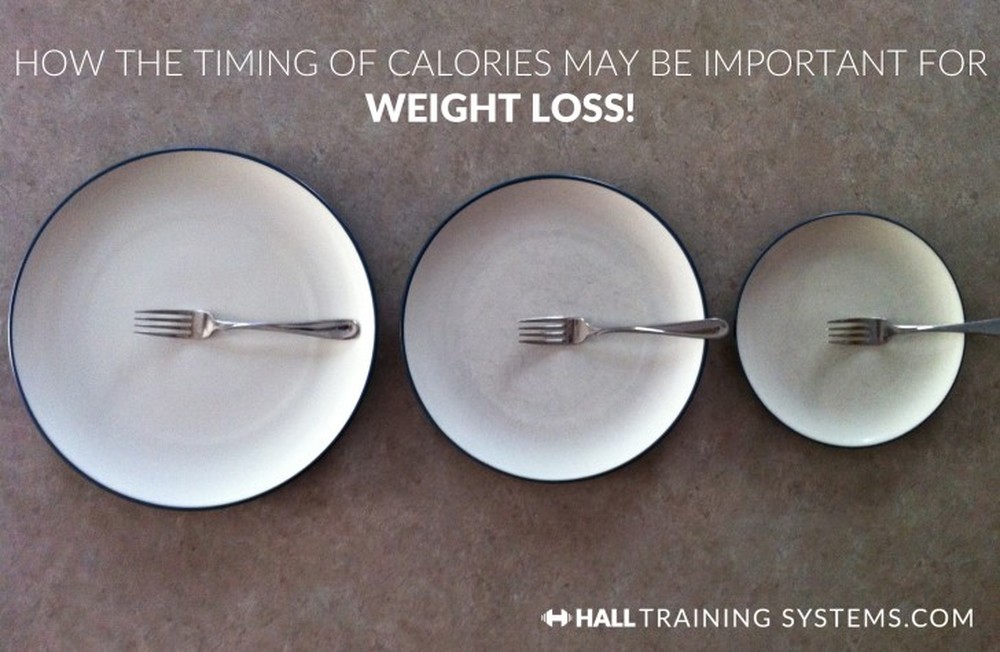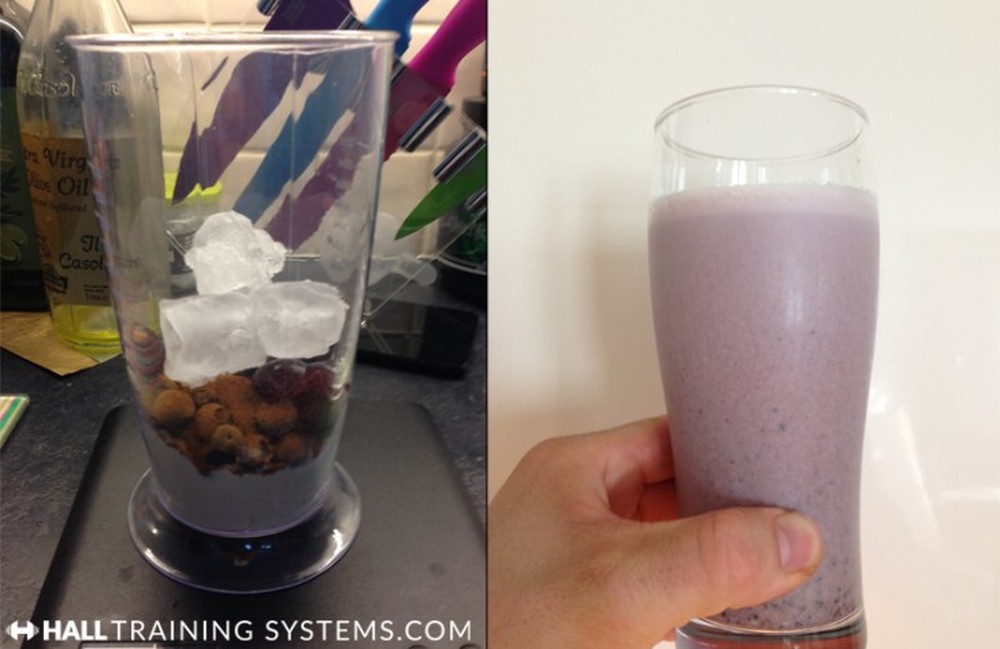Uncoupling Protein 1
UCP1, or Uncoupling Protein 1, is a protein primarily found in the inner mitochondrial membrane of brown adipose tissue (BAT). Its main function is to facilitate thermogenesis - the process of generating heat - by uncoupling the normal process of ATP (energy) production in mitochondria.
Cytochrome C Oxidase
Cytochrome C Oxidase (CCO) is an enzyme involved in the electron transport chain of mitochondria to help produce cellular energy - ATP.
Heme oxygenase-1
Heme oxygenase-1 is an enzyme that plays a crucial role in the breakdown of heme, a molecule found in hemoglobin, and is involved in various cellular processes, including stress response, inflammation, and cellular protection.
The Bliss Point
The 'bliss point' is term that refers to the specific ratio of sugar, salt, and fat in food that creates a highly palatable and pleasurable experience for people, leading them to want to keep eating.
Vanishing Caloric Density
A term coined by Dr. Robert Hyde, vanishing caloric density refers to how quickly a food dissolves in the mouth, tricking the brain into thinking fewer calories are being consumed than actually are, even though the calories remain fully present. This explains why certain foods, like popcorn or cheese puffs, are easily overeaten.
Nutrient deficiencies
Some studies suggest that up to 17% of the global population is at risk for inadequate zinc intake indicate and between 10% and 30% of the global population has subclinical magnesium deficiency.
Dompaine
Dopamine, a crucial neurotransmitter and hormone, which plays a vital role in various bodily functions, including movement, memory, reward and motivation.
Phenethylamine (PEA)
Phenethylamine is a chemical with stimulant effects. It's found naturally in plants, bacteria, fungi, and animals. Phenethylamine stimulates the body to make certain chemicals that play a role in brain chemistry.
How Ironic...
I appreciate the irony around this which, you'll be pleased to know isn't lost on me; as yet again this is more information for you to consume.
Brain-Derived Neurotrophic Factor (BDNF)
BDNF is a key protein that supports brain health, enhances memory, and improves cognitive function.
A quick bonus tip:
Originally coined by Chila, Peckham and Manheim, back in 1981 and used for the title of their course at Michigan State University: ‘‘Myofascial Release’’
What is fascia tissue?
Fascia is the body’s connective tissue. It's fibrous cobweb-like connective tissue found throughout the whole of the body runing from head to toe. Your fascia provides a framework that helps support and protect individual muscle groups, organs, and the entire body as a unit.
What is a strength curve?
A strength curve is a graphical representation of how a muscle generates and applies force in a specific direction. This force is then represented using three basic categories: ascending, descending and bell-shaped.
Eccentric contraction explained:
An eccentric contraction occurs when a muscle lengthens under load. An example of this would be when you're lowing yourself into a squatting position. Generally speaking, a muscle can be upto 150% stronger during an eccentric contraction than a concentric contraction.
Concentric contraction explained:
A concentric contraction occurs when a muscle shortens. An example of this would be when you're coming up from a bottom of a squat.
What are muscle fascicles?
In anatomy, a muscle fascicle is a bundle of skeletal muscle fibers surrounded by perimysium, a type of connective tissue.
Who is Michael Goulden?
Michael Goulden is the founder of a training company and is a resistance training specialist in exercise mechanics. He has been integrating exercise mechanics with neuromuscular preparation to create a uniquely sustainable approach to health, fitness and performance.
Who is Charles Poliquin?
Charles Poliquin is recognised as one of the world’s most accomplished strength coaches, and has produced hundreds of medals, wins and personal bests for elite athletes in over 17 different sports, including athletes for both the summer and winter Olympics, the NHL, and NFL.
Who is Ben Pakulski?
Ben Pakulski, nicknamed the Pak-Man, holds an Honors Degree in Kinesiology and is an IFBB professional bodybuilder and winner of the 2008 Mr. Canada competition. In the IFBB, he finished 2nd twice in 2008.
What is a level 5 trainer?
Our level five trainers are our ‘elite’. They’re seriously experienced, and incredibly knowledgeable. They have all gone above and beyond, attending numerous industry events, clocking up multiple courses, and spending numerous hours learning through practical experience with clients. They have shown unparalleled dedication to becoming the best personal trainers possible, and have been recognised in the health and fitness industry for their level of excellence.
What is a level 4 trainer?
Our level four trainers have gone the extra mile. All of them have further industry qualifications, whether in nutrition, post-natal exercise, endurance or hypertrophy. They have attended workshops, webinars and courses to lift their learning above others in the area. They are likely to have been a personal trainer for several years, and be pushing to learn more about how they can offer the best possible advice to you.
What is a level 3 trainer?
Our level three trainers are fully qualified, with industry-recognised qualifications, but are relatively new to personal training. What they lack in experience, they will make up for in dedication and enthusiasm. All our level three trainers work closely with a more senior member of the team to ensure the Hall Training quality of service is maintained, and you make constant progress towards your goals.
Did you know?
This is a tooltip




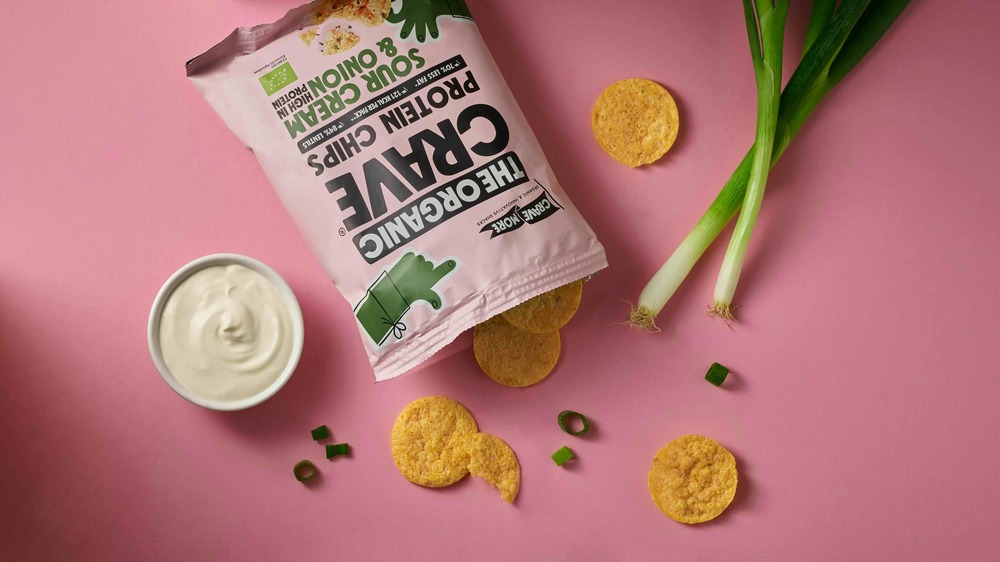




_1000x667.png)

_1000x667.png)






